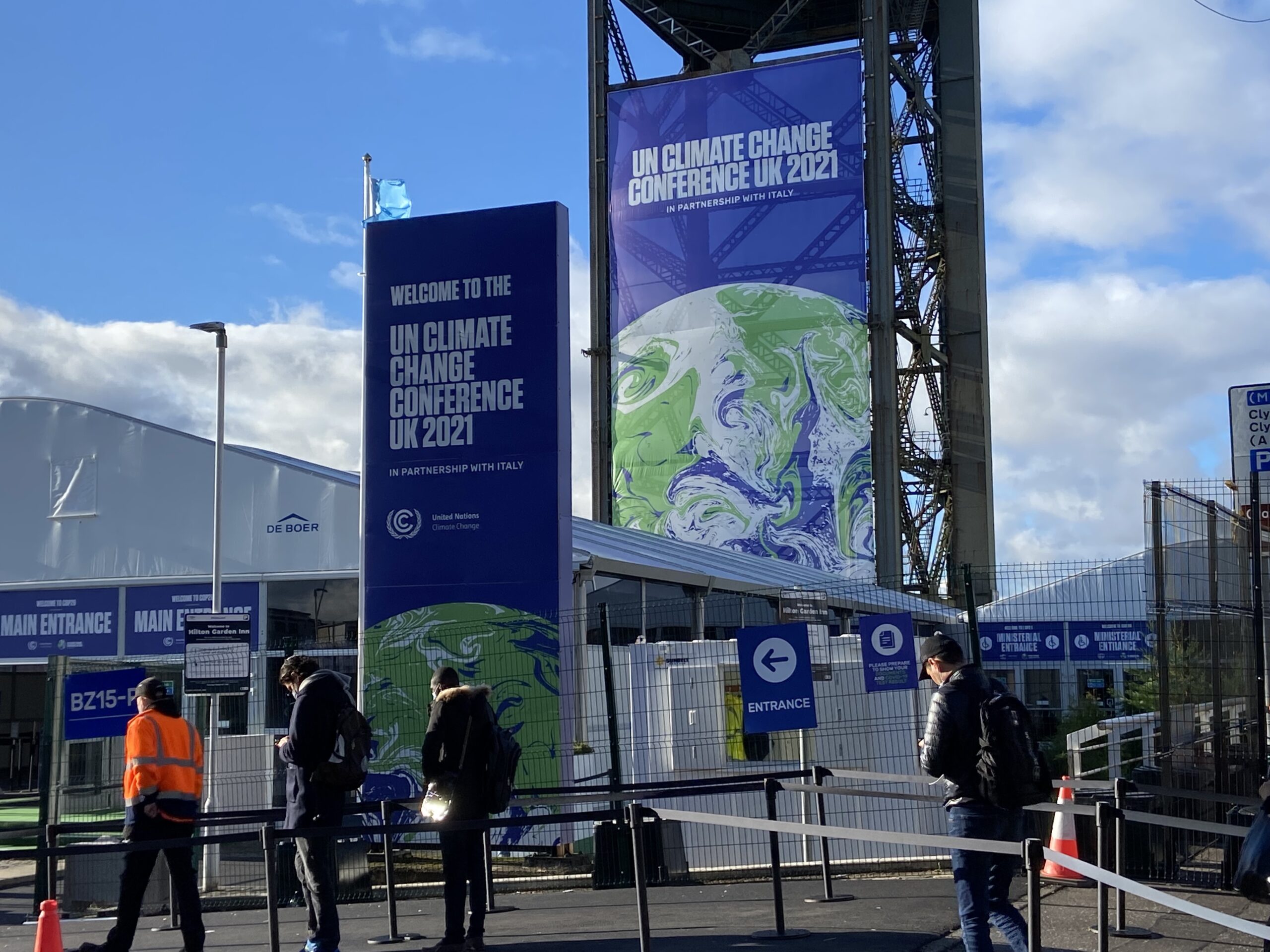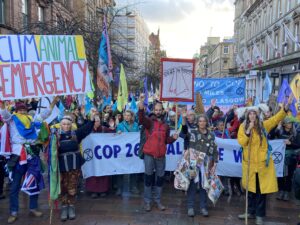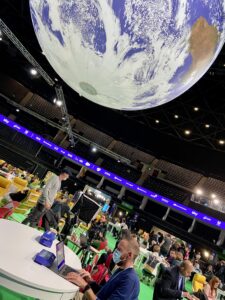
The Conference of the Parties (COP) to the UN Framework Convention on Climate Change taking place in Glasgow from 31 October until 12 November is the first to take place after the spread of Covid-19. It is expected to enable countries to set out concrete modalities for achieving the commitments set out in the 2015 Paris Agreement.

The roadmap for effective implementation, still under the shadow of the pandemic, is quite complex and uncertain. The recently published IPCC Sixth Assessment Report (August 2021) – which brings together results from the latest advances in climate science – is not at all encouraging about the path the international community is taking to achieve the goals of the Paris Agreement.
“We can confront these crises by retreating into isolationism, protectionism and exploitation. Or we can see in them a real chance for change, a genuine moment of conversion, and not simply in a spiritual sense”. The key lesson we can take from the crises is our need to “build together so that there will no longer be any borders, barriers or political walls for us to hide behind.” (Pope Francis, October 4th, 2021).
The Vatican delegation, led by Cardinal Piero Parolin, brings Pope Francis’ message to the world leaders gathered in Glasgow. For Francis, the urgency of the “ecological transition” we are going through calls for an “obligation to turn”, guided by the hope that “we can always change direction”. The difficulties for this change of direction lie more in the lack of a clear political will with the means and resources to carry it out.
Since COP25 in Madrid, the process of transition towards a model of developing technologies and behaviors free of impacts on greenhouse gas emissions has been underway. However, the main question of the debate in Glasgow is how fast we want this process to be and whether we will be able to achieve the changes within the time limits posed by climate science. The Holy See’s wish is that COP26 can truly reaffirm the centrality of multilateralism and action and adopt an open approach to interdependence and sharing, “including so-called non-state actors”, such as business and civil society organizations.
The Holy See’s appeal to world leaders in Glasgow to move forward to strengthen the alliance between human beings and the environment, with particular attention to the most vulnerable populations, can be summarized in the following points:
 Fr. Eduardo Agosta, at Glasgow COP.
Fr. Eduardo Agosta, at Glasgow COP.
Appeal to COP26 by Pope Francis together with other religious leaders, signed on 4 October at the Vatican:
Pope Francis’ message to COP26, 30 October 2021 (BBC).